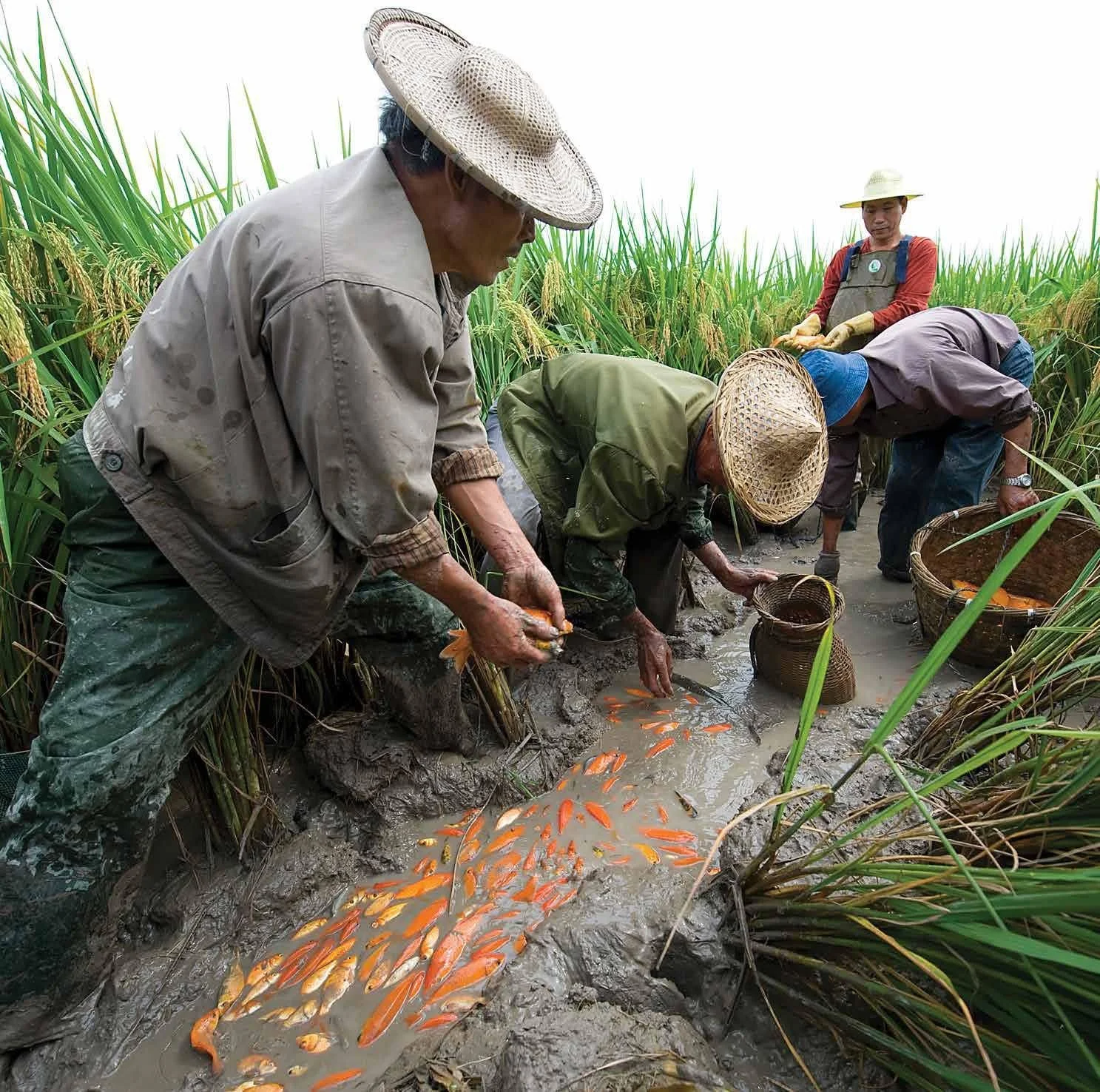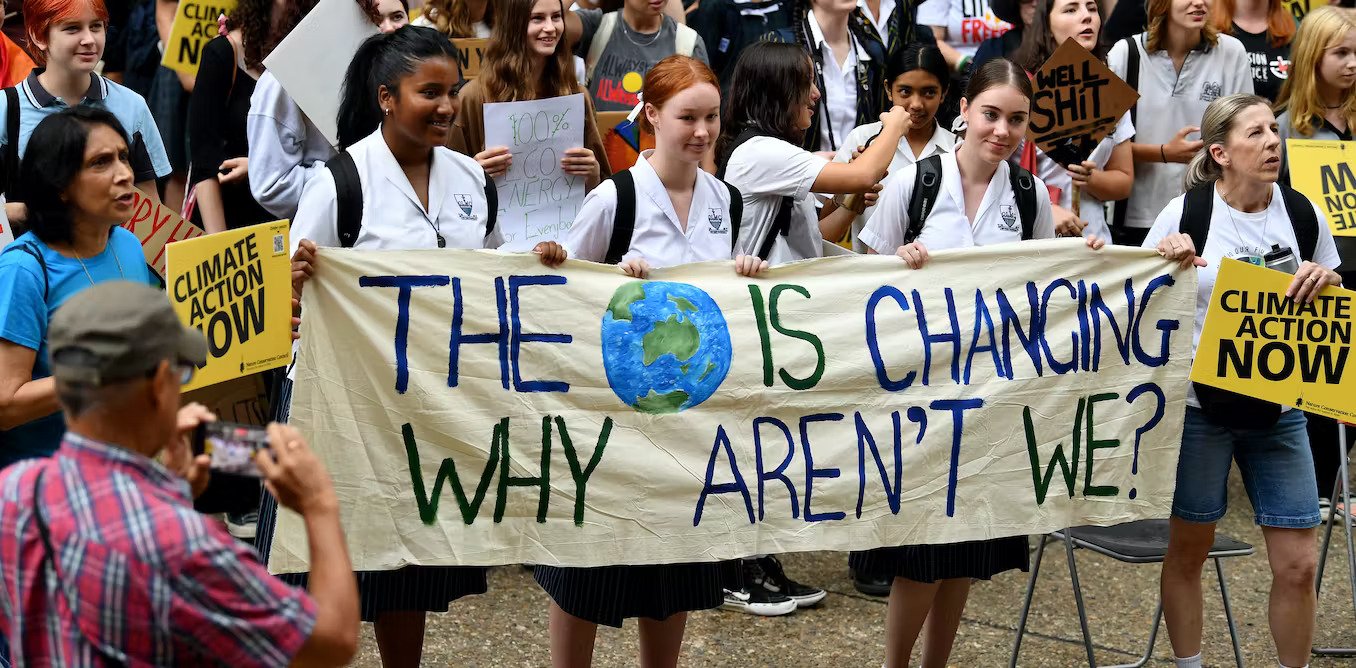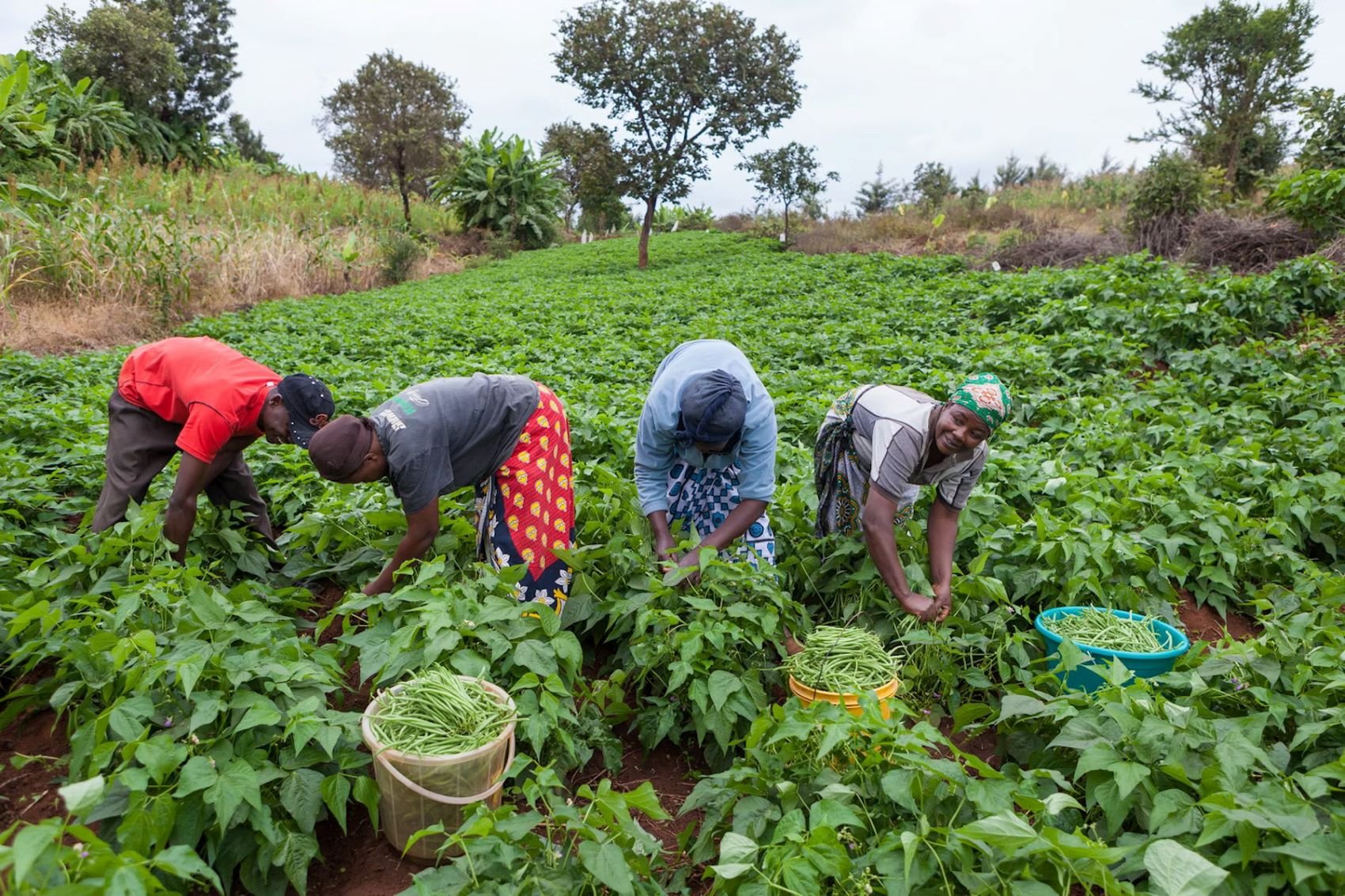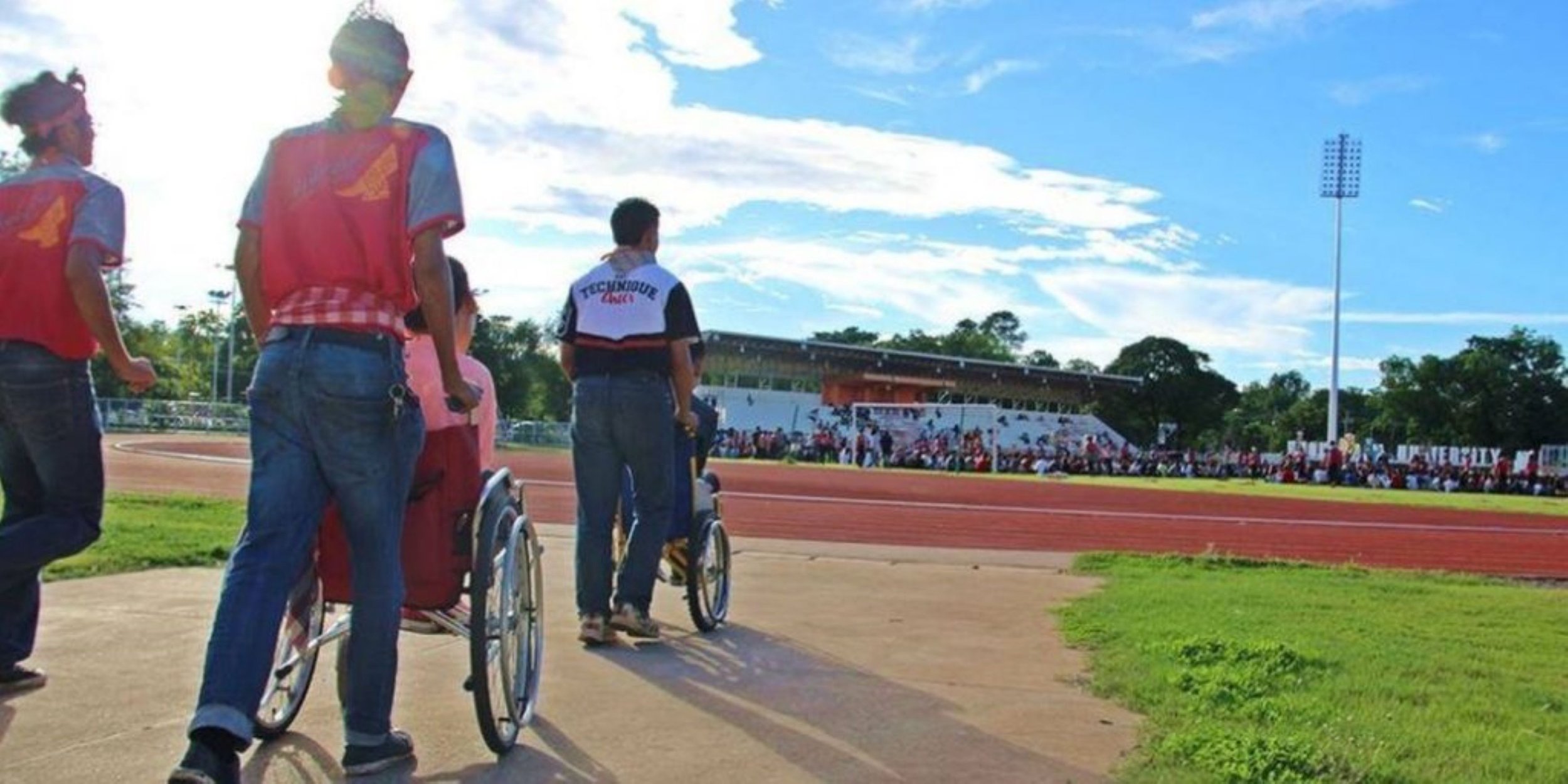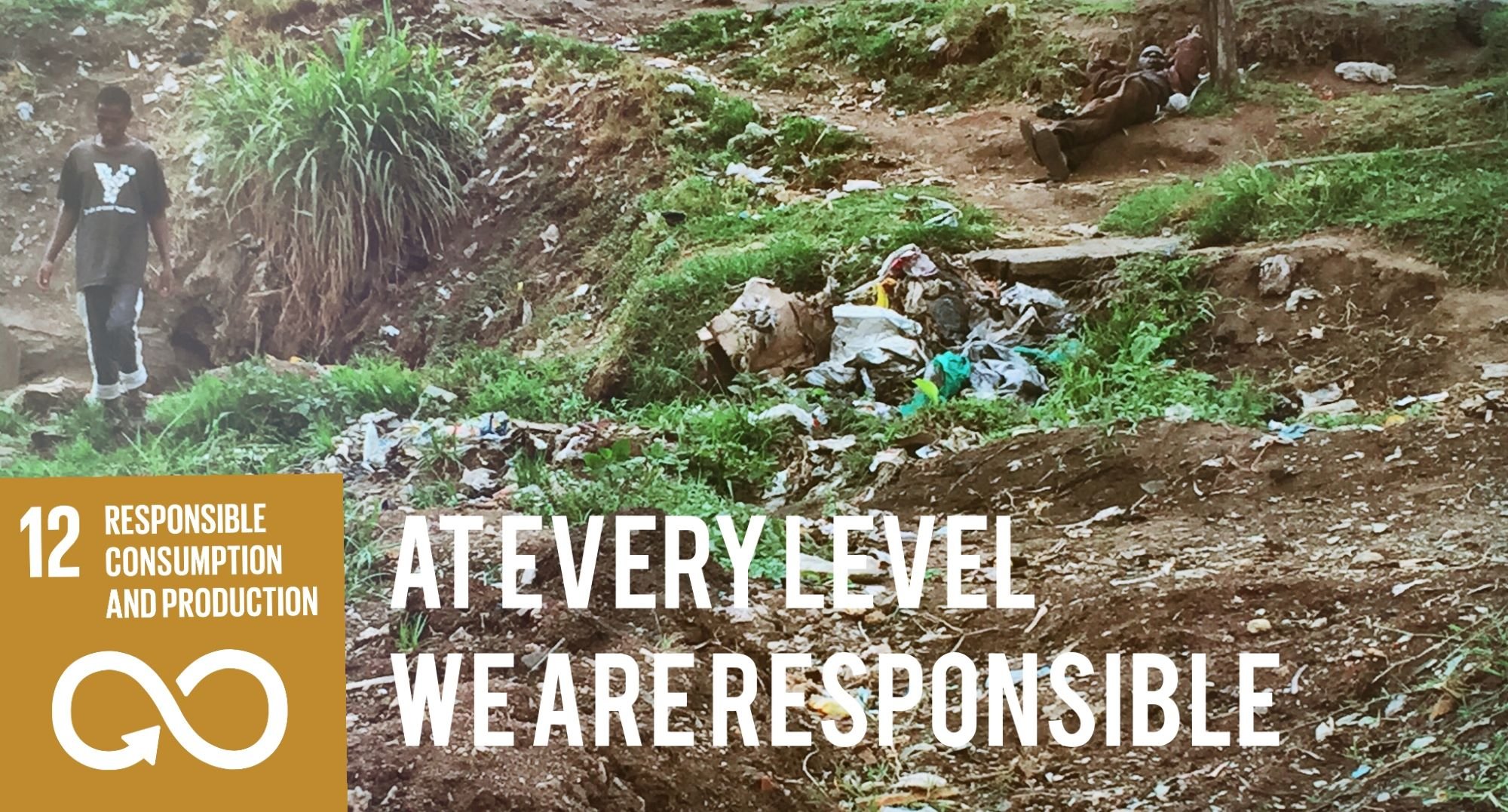The Sustainable Development Goals Report 2018 highlights progress being made in many areas of the 2030 Agenda. Since the turn of the century, the maternal mortality ratio in sub-Saharan Africa has declined by 35 per cent, and the under-five mortality rate has dropped by 50 per cent. In South Asia, a girl’s risk of marrying in childhood has declined by over 40 per cent. And, in the least developed countries, the proportion of the people with access to electricity has more than doubled. Globally, labour productivity has increased, and the unemployment rate has decreased. More than 100 countries have sustainable consumption and production policies and initiatives.
However, the report also shows that, in some areas, progress is insufficient to meet the Agenda’s goals and targets by 2030. This is especially true for the most disadvantaged and marginalized groups. Youth are three times more likely to be unemployed than adults. Less than half of all children and adolescents meet minimum standards in reading and mathematics. In 2015, 2.3 billion people still lacked even a basic level of sanitation service, and 892 million people continued to practise open defecation. Close to 1 billion, mostly rural people, still lack electricity. In sub-Saharan Africa, the HIV incidence among women of reproductive age is ten times the global average. Nine out of 10 people living in cities breathe polluted air. And while some forms of discrimination against women and girls are declining, gender inequality continues to hold women back and deprives them of basic rights and opportunities.
The Sustainable Development Goals Report 2018 reviews progress in the third year of implementation of the 2030 Agenda for Sustainable Development. This overview presents highlights of progress and remaining gaps for all 17 Sustainable Development Goals (SDGs) based on the latest available data. It examines some of the interconnections across Goals and targets. Subsequent chapters focus in more depth on the six Goals under review at the high-level political forum on sustainable development in July 2018. While people are living better lives overall than they were a decade ago, progress to ensure that no one is left behind has not been rapid enough to meet the targets of the 2030 Agenda. Indeed, the rate of global progress is not keeping pace with the ambitions of the Agenda, necessitating immediate and accelerated action by countries and stakeholders at all levels.
Goal 1: End poverty in all its forms everywhere
While extreme poverty has eased considerably since 1990, pockets of the worst forms of poverty persist. Ending poverty requires universal social protection systems aimed at safeguarding all individuals throughout the life cycle. It also requires targeted measures to reduce vulnerability to disasters and to address specific underserved geographic areas within each country.
The rate of extreme poverty has fallen rapidly: in 2013, it was a third of the 1990 value.


